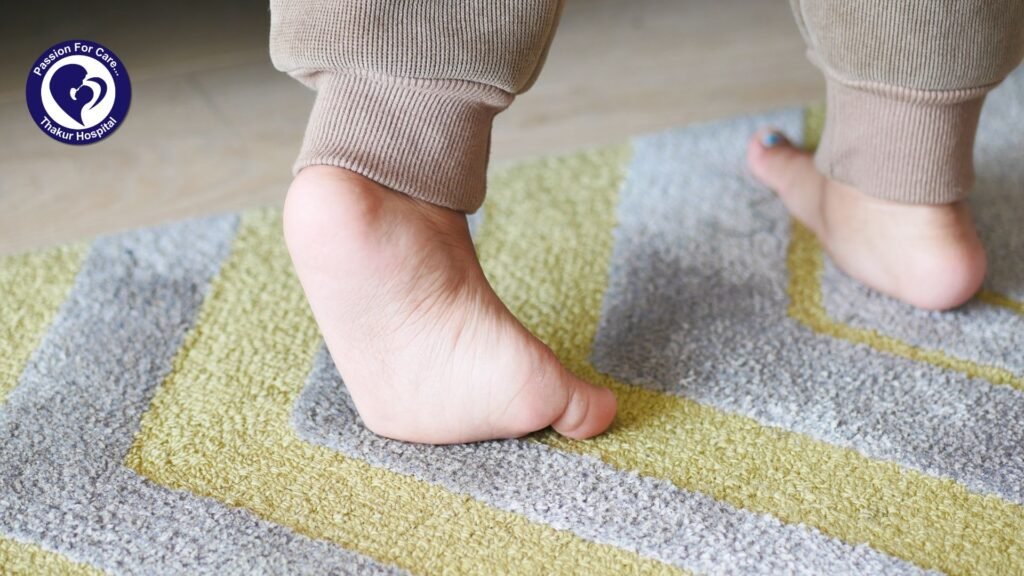Watching your baby reach milestones is one of the most exciting parts of parenthood. Among these, the moment when your baby starts walking is a significant and joyful event. But when do babies typically start walking? And what are the steps leading up to this milestone? Let’s explore the journey from infancy to those first precious steps.
Pushing Up
The journey to walking starts with simple movements like pushing up. Around 2 to 4 months, babies begin to lift their heads and shoulders while lying on their stomachs. This action strengthens their neck and back muscles, setting the foundation for further mobility.
Rolling
Rolling over is another crucial milestone. By 4 to 6 months, many babies can roll from their tummy to their back and vice versa. Rolling helps them develop the coordination and strength needed for more complex movements.
Sitting Up
Between 6 to 8 months, babies usually learn to sit up without support. Sitting up strengthens their core muscles, which are essential for balance and stability when they start standing and walking.
Scooting
Scooting or bottom-shuffling often begins around 8 to 10 months. Some babies may prefer scooting to crawling, using their hands and legs to move around while sitting.
Pulling Up
At around 9 to 12 months, many babies start pulling themselves up to a standing position using furniture or other supports. This action is a significant step towards independent walking, as it helps them build leg strength and balance.
At Thakur Hospital, we offer comprehensive pediatric care to support your baby’s development. Visit us for expert guidance and support.
Crawling
Crawling usually happens between 7 to 10 months. This stage is crucial for developing coordination between the arms and legs, and it strengthens the muscles needed for walking.
Walking with Help
Around 9 to 12 months, babies may start walking with help. Holding onto furniture or a caregiver’s hands, they take their first steps while gaining confidence and balance.
Standing
By 10 to 12 months, many babies can stand without support for a few seconds. This milestone is a precursor to independent walking, as it indicates improved balance and strength.
Walking
Most babies take their first independent steps between 12 to 15 months. Every baby is different, and some may start walking earlier or later. It’s important to remember that each child’s development timeline is unique.
How to Help
You can support your baby’s walking journey by providing a safe and encouraging environment. Allow plenty of floor time for practice, offer sturdy furniture or push toys for support, and celebrate each small achievement to boost their confidence.
Concerned about your baby’s development? Schedule a consultation with best child doctor in karnal at Thakur Hospital for personalized advice from our experienced pediatricians.
If Your Baby Isn’t Walking
If your baby isn’t walking by 18 months, it’s advisable to consult a pediatrician. They can assess your child’s development and provide guidance or interventions if necessary. Delays in walking can be due to various factors, and early intervention can help address any underlying issues.
Summary
The journey to walking is filled with various milestones, from pushing up to taking those first independent steps. Each stage is a building block that prepares your baby for walking. Remember, every baby develops at their own pace, so patience and support are key.
For expert pediatric care and support, visit Thakur Hospital. Our team is dedicated to ensuring your baby’s healthy development every step of the way.
Refrences



